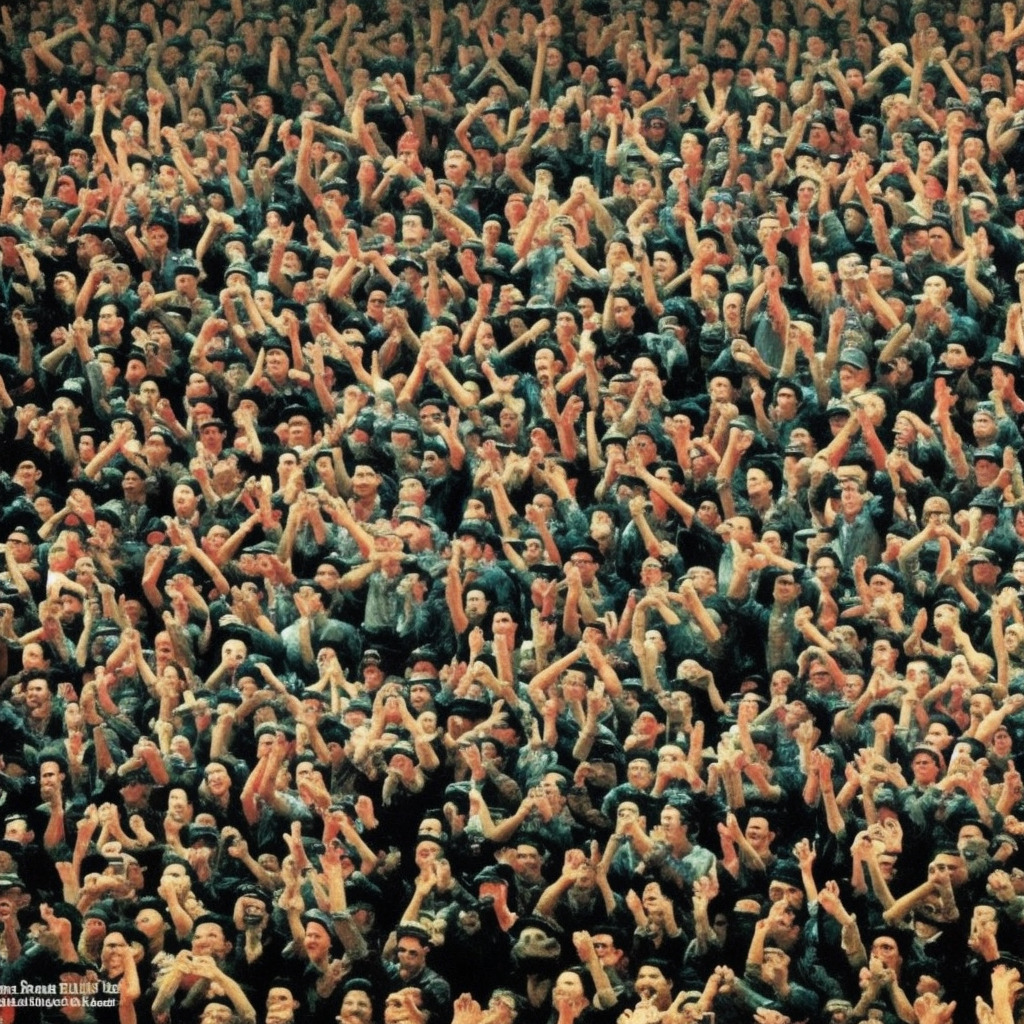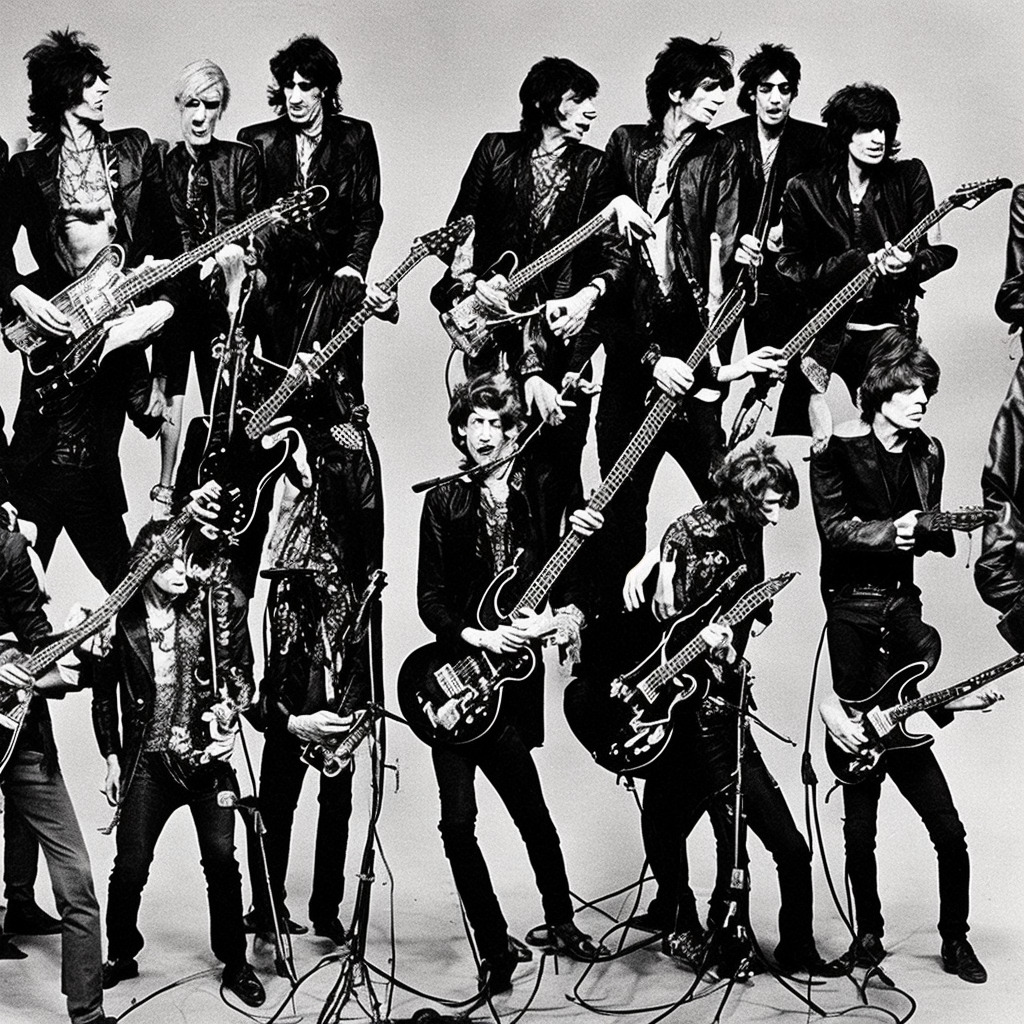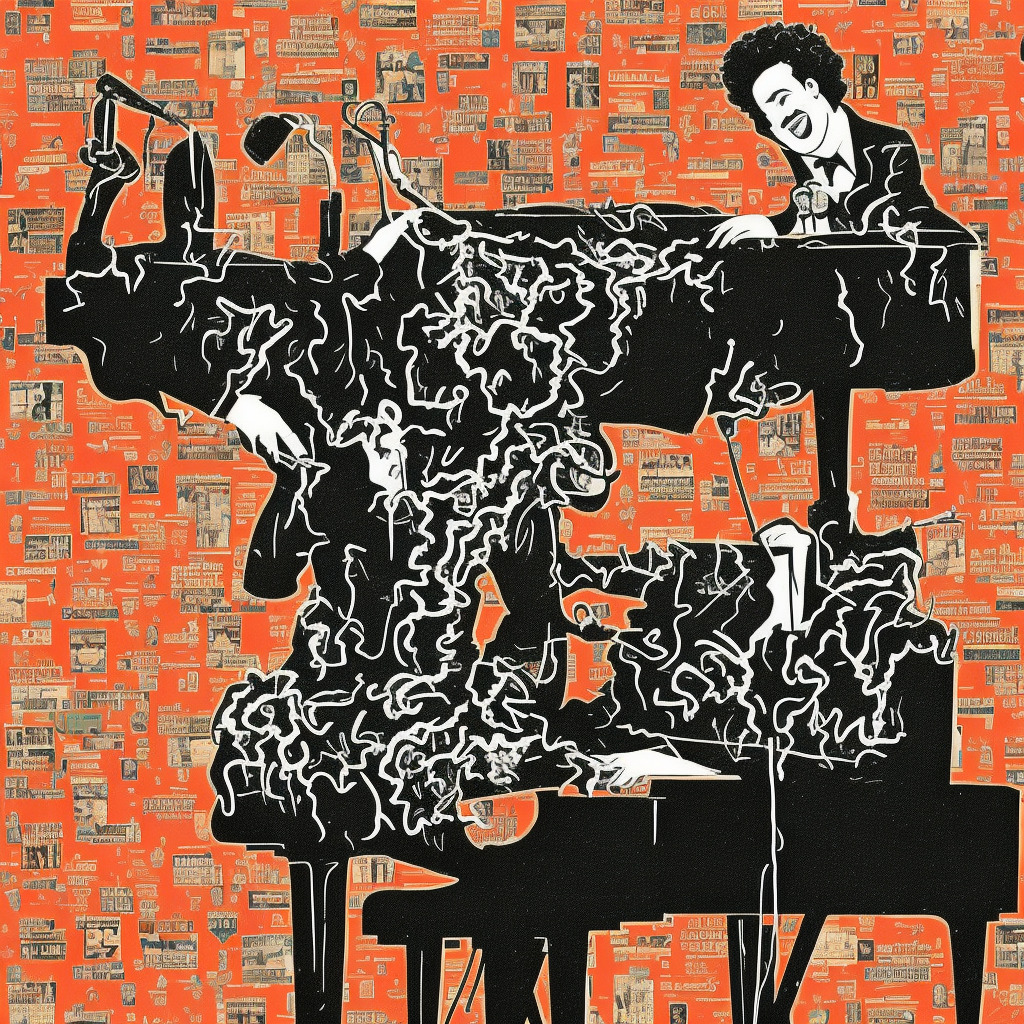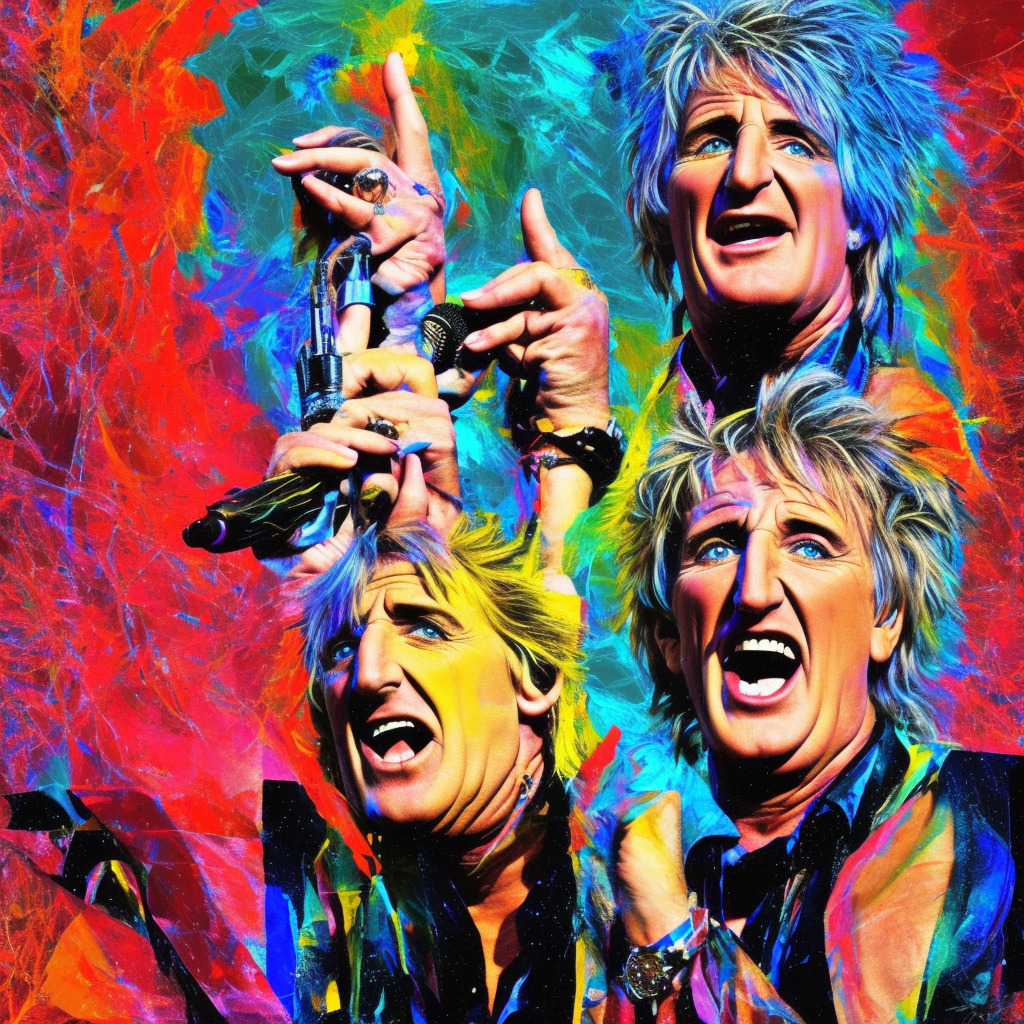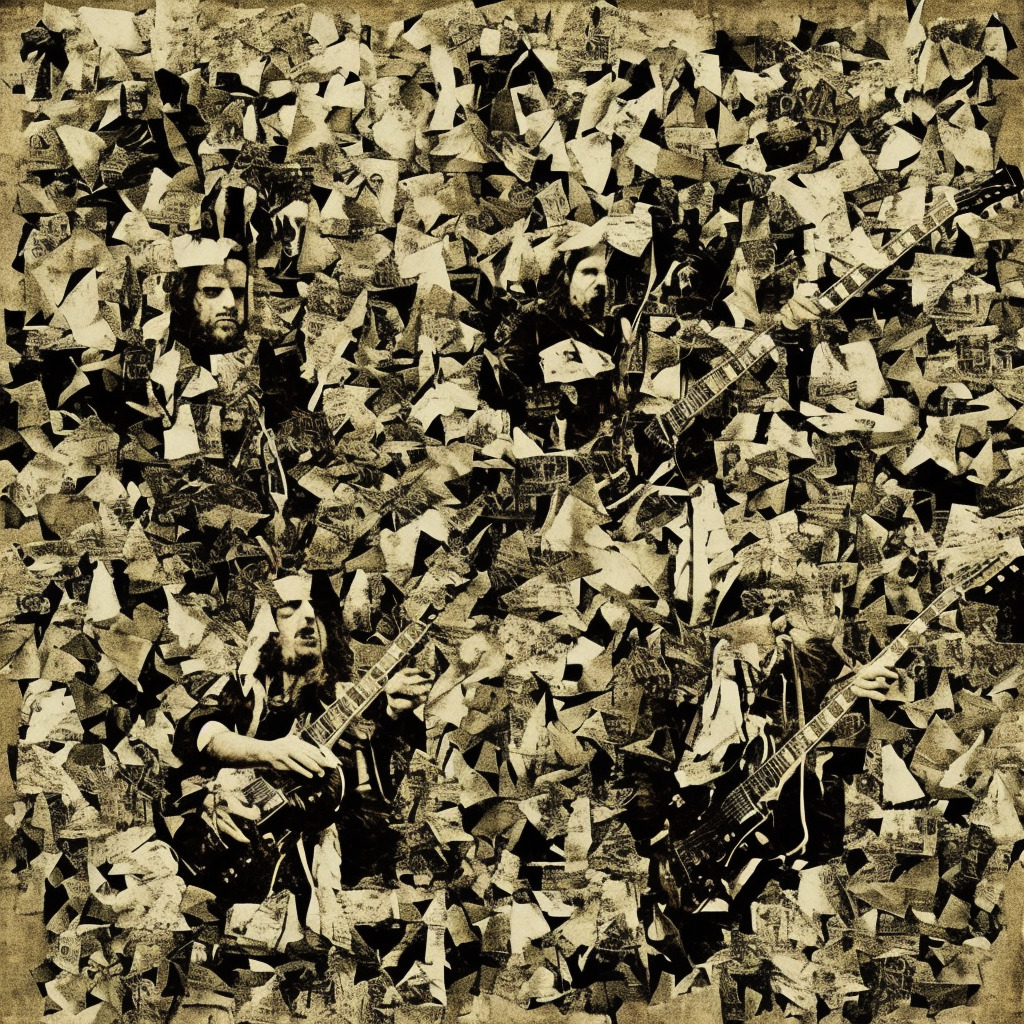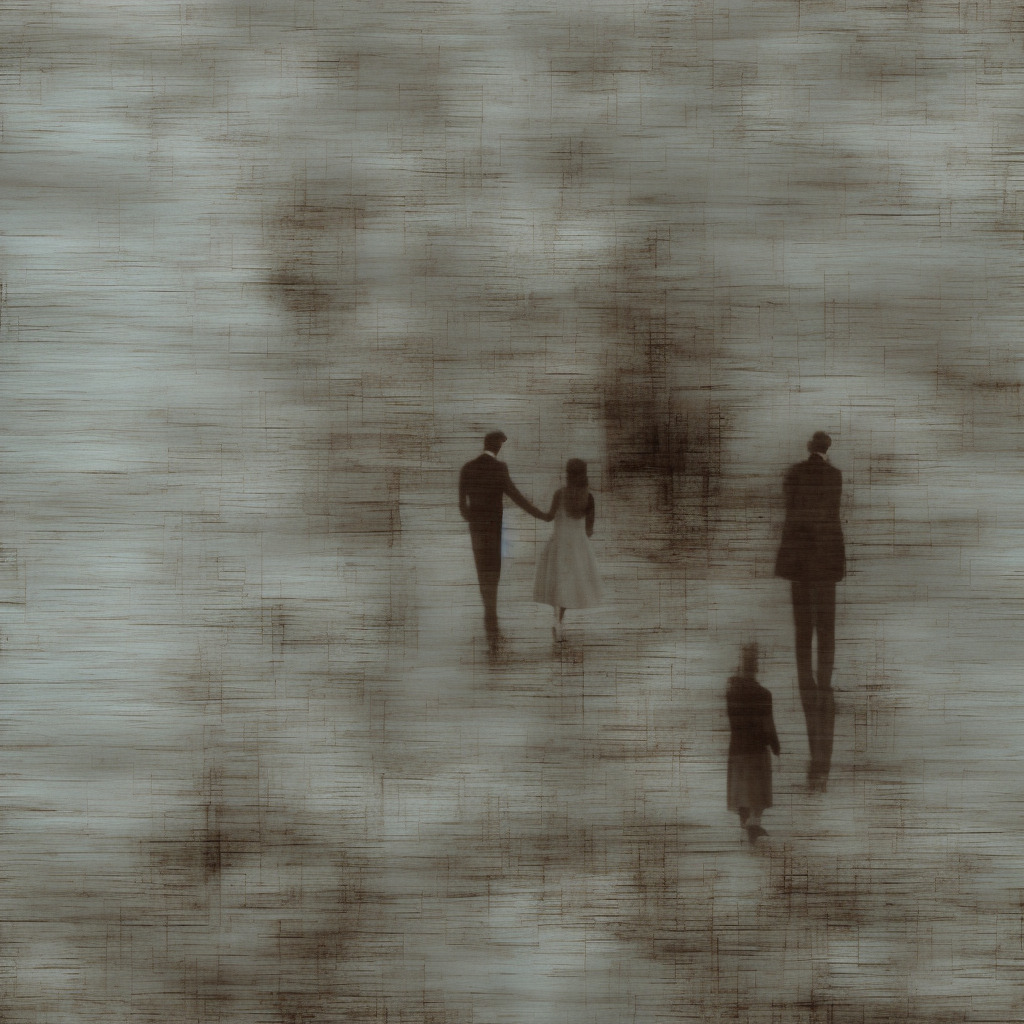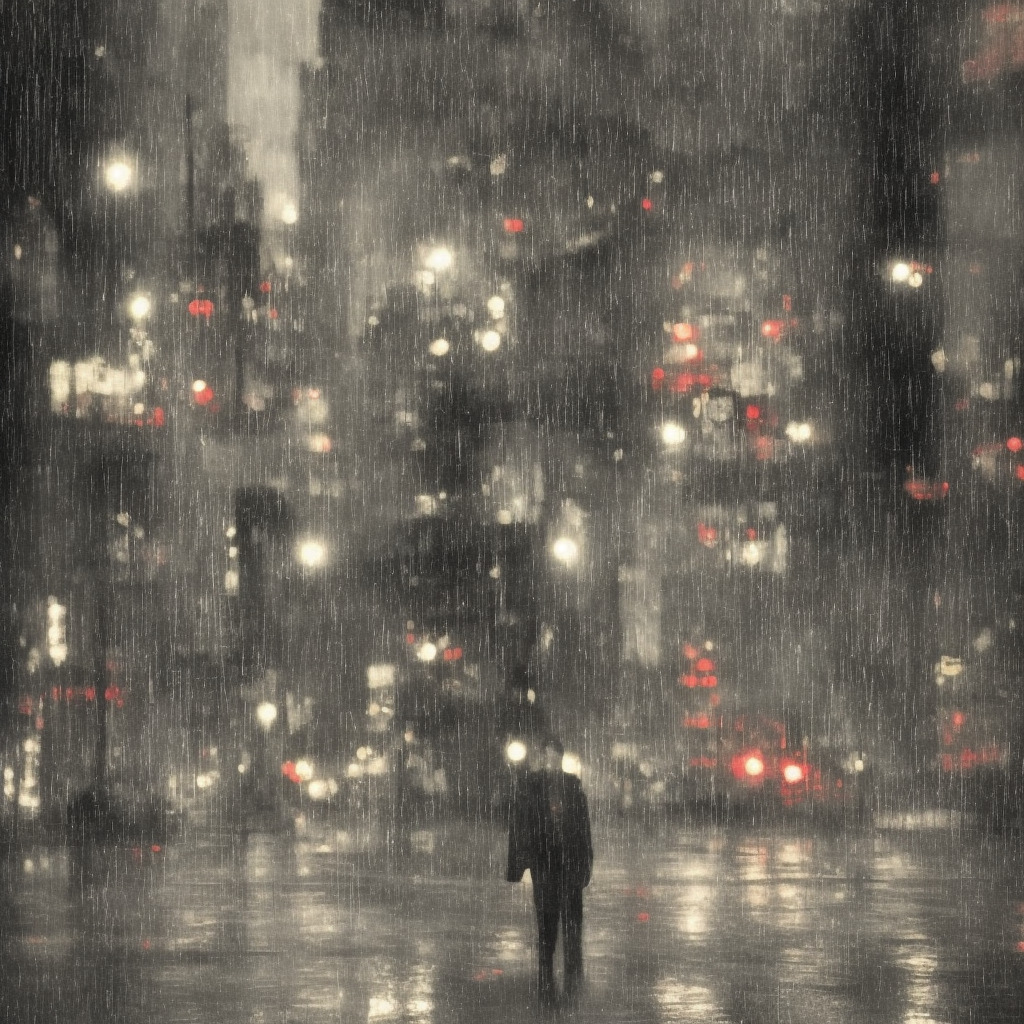🎶 Did you know? “Goodnight Saigon” was inspired by Billy Joel’s chats with Vietnam War vets! Talk about powerful tunes 🚁! Give it a listen & salute the Piano Man 🌟! #BillyJoel #GoodnightSaigon #PianoMan #VietnamWarVets 🎹🎤 Read about it: tinyurl.com/5w56ynzd
Delving into the Depths of “The Vietnam Lullaby”
Dive into the emotional depths of Billy Joel’s haunting Vietnam War anthem, “Goodnight Saigon,” a timeless testimony to the resilience of the human spirit in the face of adversity.
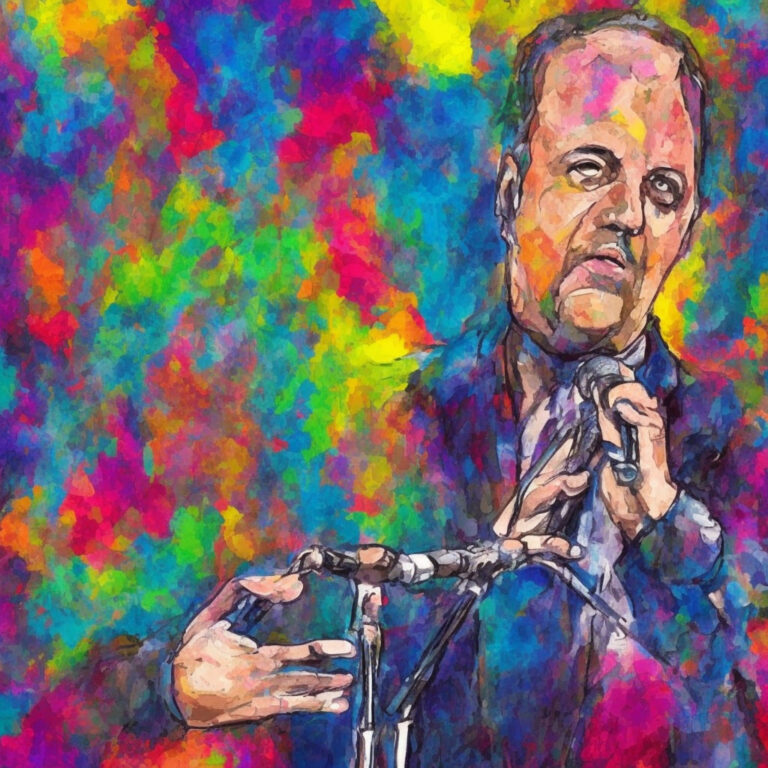
Billy Joel, born William Martin Joel in 1949, is an indomitable force in the world of music, having etched his name in the annals of history with his unmistakable talent and charisma. With a career spanning over five decades, the “Piano Man” has sold more than 150 million records worldwide, making him one of the best-selling music artists of all time. The American singer-songwriter, composer, and pianist has had numerous hits, but one song that truly stands out is “Goodnight Saigon,” also known as”The Vietnam Lullaby,” from his 1982 album, The Nylon Curtain.
“Goodnight Saigon” is a powerful evocation of the experiences and emotions of American soldiers during the Vietnam War. The song’s melancholy melody and haunting lyrics create a vivid picture of the harsh realities faced by those who served in the controversial conflict. Joel, who never served in the military himself, composed the track after extensive conversations with his friends who were Vietnam veterans. Their stories and testimonies inspired him to pen a song that has since become an anthem for many who lived through the war.
Despite never reaching the top of the charts, “Goodnight Saigon” remains one of Billy Joel’s most iconic tracks. It has been praised for its raw, honest portrayal of the Vietnam War and the humanity of the soldiers who fought in it. Joel’s introspective songwriting, coupled with his emotive piano playing and distinct vocals, makes “Goodnight Saigon” a timeless and poignant piece.
In his storied career, Billy Joel has garnered numerous accolades, including 5 Grammy Awards, a star on the Hollywood Walk of Fame, and an induction into the Rock and Roll Hall of Fame in 1999. He has also received honorary doctorates from several prestigious institutions, such as Berklee College of Music and Stony Brook University.
While Joel’s extensive catalog includes both commercial hits and critically acclaimed works, it is not without its controversies. Some critics argue that his later works lack the same depth and originality as his earlier albums. However, there is no denying that Billy Joel’s impact on the music industry is unparalleled, and his songs continue to resonate with fans of all ages.
As we delve into the depths of “Goodnight Saigon,” we can appreciate the craftsmanship behind one of Billy Joel’s most compelling and enduring works. It is a testament to the power of music and the importance of sharing stories from our past, as we honor the experiences of those who have come before us.
Charting the Course of a Musical Touchstone
Defying charts and transcending borders, Billy Joel’s emotional tribute “Goodnight Saigon” continues to resonate as a timeless musical touchstone for Vietnam War veterans and global audiences alike.

Released as the third single from Billy Joel’s 1982 album “The Nylon Curtain,” “Goodnight Saigon” made its mark on the music charts and became a significant piece of popular culture. The song was released on May 1983, and although it didn’t immediately skyrocket to the top of the charts, it eventually made its way into the hearts and minds of listeners around the world.
Starting off at a modest chart position, “Goodnight Saigon” peaked at No. 56 on the US Billboard Hot 100 chart. While it may not have been a chart-topping sensation, this song has endured as a memorable and poignant tribute to the Vietnam War veterans. Its heartfelt message and emotional resonance have helped to solidify its status as a classic in Joel’s discography.
Interestingly, “Goodnight Saigon” experienced more chart success in other countries. The song reached No. 1 in Norway, staying at the top for two weeks. It also found a strong following in the Netherlands, where it peaked at No. 5 on the Dutch Top 40 chart. This international appreciation for the song highlights its universal appeal and the power of music to resonate across borders and cultures.
In addition to its chart performance, “Goodnight Saigon” has also made its mark on many year-end charts. For example, in 1983, it ranked No. 9 on the Norwegian year-end chart and No. 33 on the Dutch year-end list. These impressive rankings showcase the song’s lasting impact and continued relevance even after its initial release.
“Goodnight Saigon” has been featured in various compilation albums and live performances, further cementing its legacy as an important part of Billy Joel’s extensive body of work. While it may not have conquered the charts upon its initial release, the song’s powerful message and enduring popularity have solidified its status as a significant milestone in the history of popular music.
Delving Deep into the Heartfelt Lyrics of Goodnight Saigon
We met as soul mates on Parris Island
We left as inmates from an asylum
And we were sharp, as sharp as knives
And we were so gung ho to lay down our lives
We came in spastic like tameless horses
We left in plastic as numbered corpses
And we learned fast to travel light
Our arms were heavy but our bellies were tight
Remember Charlie, remember Baker
They left their childhood on every acre
And who was wrong? And who was right?
It didn’t matter in the thick of the fight
We held the day in the palm of our hands
They ruled the night, and the night seemed to last as long as six weeks…
On Parris Island
We held the coastline, they held the highlands
And they were sharp, as sharp as knives
They heard the hum of our motors
They counted the rotors and waited for us to arrive
And we would all go down together
We said we’d all go down together
Yes we would all go down together
“Goodnight Saigon,” a track from Billy Joel’s 1982 album The Nylon Curtain, is a powerful and poignant song that captures the emotional turmoil experienced by American soldiers during the Vietnam War. The lyrics pay tribute to the camaraderie and sacrifice of these young men, who were thrust into a conflict that would leave them forever changed.
The lyrics are notable for their vivid imagery and raw emotion. Lines such as “We left in plastic as numbered corpses” and “We held the day in the palm of our hands” convey both the horrors and heroism of war. The song’s most memorable refrain, “And we would all go down together,” serves as a solemn reminder of the bonds forged between soldiers on the battlefield.
Billy Joel’s “Goodnight Saigon” is an important window into the spirit of the time and the events of the Vietnam War era. At a time when public opinion was sharply divided over the US involvement in the conflict, the song served as a rallying cry for unity and empathy. It reminded listeners of the human cost of war, and reflected a growing awareness of the physical and emotional toll it takes on those who serve.
In conclusion, “Goodnight Saigon” serves as a testament to the power of music to capture the emotions of a generation and crystallize the memory of a defining historical event. Its lyrics remain a touching tribute to the soldiers who fought in Vietnam, and a timeless reminder of the importance of understanding and compassion in times of conflict.
The Visual Storytelling of “Goodnight Saigon”
A cinematic tribute to Vietnam War veterans, Billy Joel’s “Goodnight Saigon” video, directed by Russell Mulcahy, masterfully connects raw emotions with visual storytelling for an unforgettable impact.
The music video for Billy Joel’s poignant ballad, “Goodnight Saigon,” is a fitting tribute to the Vietnam War veterans and an emotional experience for viewers. Directed by the talented Russell Mulcahy, this video takes a unique approach as it masterfully connects with the song’s narrative.
Mulcahy, who has directed iconic videos like “Video Killed the Radio Star,” Duran Duran’s “Hungry Like the Wolf,” and Elton John’s “I’m Still Standing,” brings his signature cinematic style to the “Goodnight Saigon” music video. The video boasts a modest budget, allowing Mulcahy to focus on the emotional and visual aspects rather than relying on flashy special effects.
The artistic approach taken by Russell Mulcahy in the “Goodnight Saigon” video highlights the emotional turmoil and camaraderie experienced by soldiers during the Vietnam War. The video opens with a scene of soldiers in a helicopter, fading into images of them bonding and comforting one another, reflecting the lyrics of the song. As the song progresses, the video shows the hardships faced by the soldiers and ultimately ends with a group of veterans standing together, symbolizing the unity and brotherhood they found in each other during difficult times.
In addition to the official music video, “Goodnight Saigon” has inspired various fan-made videos and tributes. On YouTube, you’ll find a plethora of videos that combine footage from the original music video with images and clips from the Vietnam War, as well as documentaries about the conflict. Additionally, several artists have covered the song in honor of veterans and the emotional impact of the war.
To sum up, the music video for “Goodnight Saigon” is a moving tribute to the Vietnam War veterans, skillfully directed by Russell Mulcahy. Its emotional storytelling and artistic approach create a powerful visual experience that complements the narrative of the song. Even without a high budget, this video manages to capture the raw emotions and experiences of those who fought in the Vietnam War, making it a timeless piece in the world of music videos.
The Man Behind the Music: Billy Joel
In the world of pop and rock music, few names stand out as brightly as Billy Joel. The incredibly talented composer and singer-songwriter behind the poignant ballad, “Goodnight Saigon,” Joel has been captivating audiences for decades with his distinctive voice and gripping melodies. Throughout his illustrious career, he has produced an impressive array of hits, earning him the recognition as one of the best-selling artists of all time.
Notably, Joel is also responsible for crafting other unforgettable classics such as “Piano Man,” “Uptown Girl,” and “We Didn’t Start the Fire.” Each of these tracks serves as a testament to his impeccable songwriting abilities and his keen understanding of human emotion. In addition to these well-known tunes, Joel’s extensive discography showcases his versatility, as he effortlessly transitions between various music genres, from soft rock to jazz and even classical influences. With a career spanning over four decades, Billy Joel continues to leave an indelible mark on the music landscape, and his contribution to “Goodnight Saigon” is but one shining example of his enduring artistry.
A Legacy to Remember
“Goodnight Saigon”: An emotive anthem transcending generations, capturing the Vietnam War’s raw essence through film, TV, and unforgettable covers.
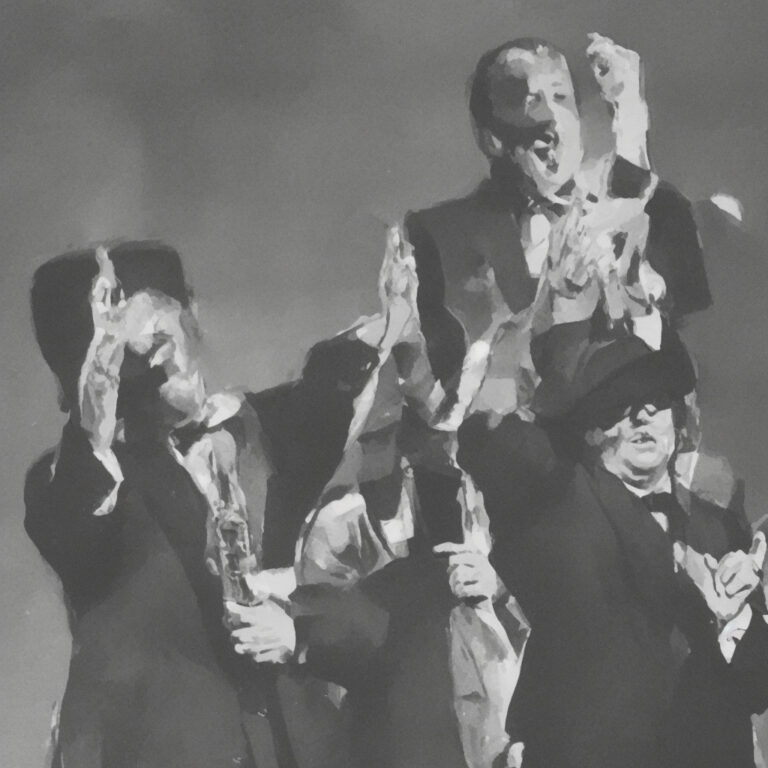
Over the years, “Goodnight Saigon” has received significant recognition for its powerful portrayal of the Vietnam War experience. The song has been featured in various forms of media, both as a symbol of anti-war sentiment and as a tribute to those who served in the conflict.
One notable example is the 1987 film “Hamburger Hill,” which recounts the Battle of Hamburger Hill in Vietnam from the perspective of a group of American soldiers. “Goodnight Saigon” is used in the film to underscore the intense emotional turmoil experienced by the soldiers as they face constant peril and the loss of their friends in combat.
The song also made its way to the small screen, having been featured in a 2012 episode of the TV series “The Newsroom.” In season 1, episode 3, “The 112th Congress,” the character Charlie Skinner, a Vietnam War veteran, is shown listening to the song in a moment of introspection. The inclusion of “Goodnight Saigon” in this Emmy-winning series has served to further solidify its cultural significance and impact.
In terms of cover versions, a memorable rendition came from Garth Brooks during his 2014 performance at the Kennedy Center Honors, where he paid tribute to Billy Joel. The country star’s emotive delivery of “Goodnight Saigon” was widely praised and cemented the song’s status as a timeless piece that resonates with people from all walks of life, regardless of their musical preferences.
Additionally, the song has also made an appearance in the popular video game franchise “Rock Band.” In 2010, “Goodnight Saigon” was included as downloadable content, allowing players to perform the song on their gaming consoles as part of the Rock Band 3 experience. This speaks to the enduring popularity and appeal of “Goodnight Saigon” to fans of all ages.
It is evident that “Goodnight Saigon” has left an indelible mark on popular culture, and its legacy as a song that captures the raw emotion and struggle of the Vietnam War era will continue to resonate with listeners for generations to come.
Diving into the Musical Details
As we delve into the musical intricacies of “Goodnight Saigon,” it becomes evident that the song is an exemplary piece of songwriting, showcasing Billy Joel’s keen understanding of musicality and storytelling. The song, written in the key of E major, starts off with an attention-grabbing arpeggiated piano intro, followed by a gradual build-up of instrumentation, culminating in a powerful and gripping listening experience.
The song follows a relatively simple chord progression, with the verses primarily built around the chords E – B – A – E, which then progresses to A – E – D – A during the chorus. However, it is the subtle variations within these chord structures that truly captivate the listener. For example, the use of the B7sus4 chord during the pre-chorus adds an air of tension that is beautifully resolved with the return to the E major chord in the chorus. This effective use of suspended chords is a testament to Joel’s ability to evoke emotions through his music.
The tempo of “Goodnight Saigon” is set at a moderate 88 beats per minute, which lends a sense of solemnity and poignancy to the song. The steady, military-style snare drum beat in the background further reinforces the song’s themes of camaraderie and war. Meanwhile, the use of harmonicas and acoustic guitars adds a layer of organic warmth to the overall sound, grounding the listener in the reality of the soldiers’ experiences.
One cannot discuss the musical structure of “Goodnight Saigon” without mentioning the hauntingly beautiful choral arrangement during the chorus. The choral harmonies provide an ethereal quality that elevates the song to new emotional heights. The layering of voices, paired with the impactful lyrics, creates an overwhelming sense of unity and vulnerability that is hard to ignore.
In conclusion, the genius of “Goodnight Saigon” lies not only in its powerful storytelling but also in the intricate details of its musical composition. From the chord progressions and tempo to the instrumentation and choral arrangements, every aspect of the song serves to enhance its emotive impact. As a result, “Goodnight Saigon” remains an enduring classic in the realm of popular music, standing as a testament to the undeniable artistry of Billy Joel.

